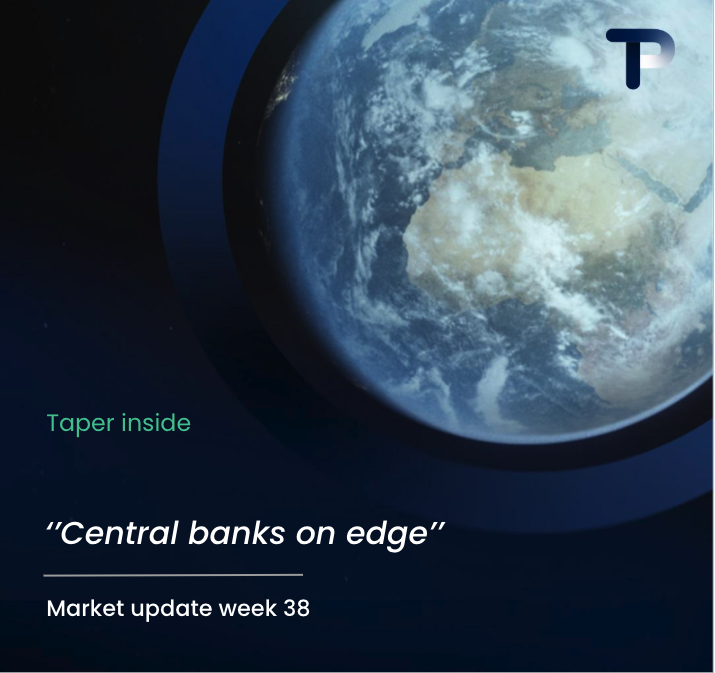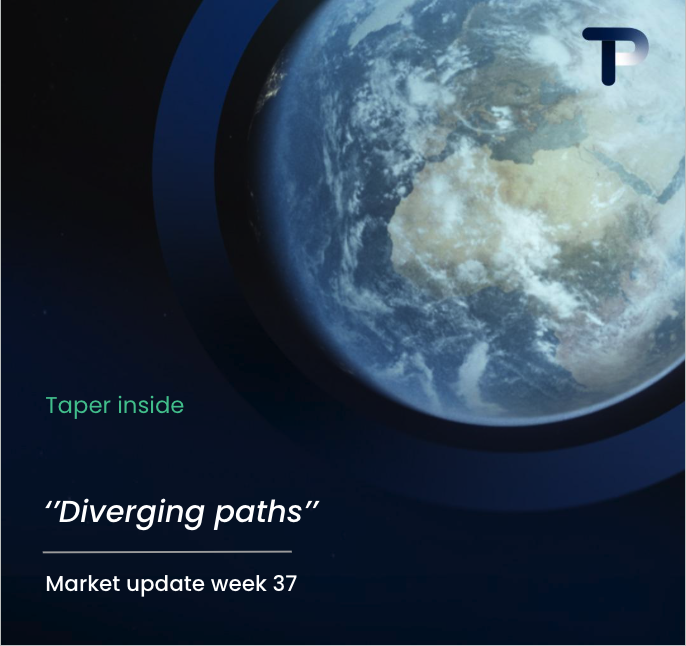As an individual, investing in private equity is more accessible today than ever before. Various options are available, from private equity funds to publicly traded private equity vehicles and crowdfunding platforms, each with their own entry thresholds. The traditional minimum amount of €250,000 or more is no longer the only possibility; through newer platforms, you can sometimes participate with just a few thousand euros. It’s important to be aware of the risks such as illiquidity and the long-term nature of these investments. For a successful private equity investment, thorough market knowledge, patience, and a diversified portfolio are essential.
What is private equity and why is it interesting for individuals?
Private equity is an investment form that involves investing in non-listed companies, often with the goal of restructuring them, growing them, and ultimately selling them at a profit. Traditionally, this investment category was only accessible to institutional investors and very wealthy individuals.
Private equity is attractive to individuals because of the potentially high returns it can generate. Historically, private equity investments have often outperformed publicly listed stocks, with returns regularly in the double digits. Moreover, it offers an opportunity for diversification within your investment portfolio, as private equity often responds differently to market conditions than traditional investments.
Thanks to technological developments and innovative financial platforms, this investment category has now become more accessible to a broader audience. You no longer need to be a millionaire to benefit from the potential advantages that private equity can offer.
How can individuals gain access to private equity investments?
There are several ways for individual investors to access private equity investments. Each method has its own characteristics and requirements.
Private equity funds are the traditional route, but often require large minimum investments. Fund-of-funds, which invest in multiple private equity funds, can be a more accessible alternative with greater diversification.
Publicly listed private equity companies or ETFs focusing on private equity offer a more liquid option, allowing you to invest easily through the stock exchange without high entry thresholds.
Crowdfunding platforms and private equity marketplaces have opened up the market for individuals. These platforms enable you to participate in private equity deals with smaller amounts.
Some wealth managers and private banks also offer special private equity products for their clients, often with lower entry thresholds than traditional funds.
What is the minimum investment for private equity as an individual?
The minimum investment for private equity varies significantly depending on the investment vehicle you choose. With traditional private equity funds, the entry threshold is often high, typically between €250,000 and €10 million, making them inaccessible to most individuals.
Fund-of-funds sometimes have lower minimum amounts, but these still often range between €100,000 and €250,000. In contrast, publicly listed private equity shares or ETFs are accessible from just a few tens of euros, depending on the share price.
The newest generation of private equity platforms and marketplaces has drastically lowered the entry threshold. Some platforms enable you to invest in private equity projects from as little as €10,000 or sometimes even €1,000. This makes this investment category much more accessible to individual investors.
It’s important to remember that lower entry thresholds don’t always mean that the investment opportunities have the same quality as those in traditional funds. Careful research remains essential.
What risks should you consider with private equity investments?
Private equity investments carry specific risks that you as an individual should understand well before getting involved. The most important characteristic is the illiquidity of this investment form – your money is often tied up for 5-10 years without the possibility of exiting early.
The long-term horizon means you need patience and shouldn’t count on quick profits. Private equity funds often have a J-curve effect, where returns can be negative in the first years before improving.
There is also limited transparency. Unlike publicly listed companies, there is less public information available about the companies being invested in, making due diligence more challenging.
Other risk factors include high costs (management fees and performance fees), dependence on the expertise of the management team, and concentration risk if you invest in just a few deals.
What are the key insights for individuals wanting to invest in private equity?
If you want to step into private equity as an individual, it’s essential to align your investment horizon with the long-term nature of this asset class. Don’t expect to make quick profits or to be able to liquidate your investment rapidly.
Diversification is crucial – never invest too large a portion of your assets in private equity. Experts recommend allocating no more than 5-15% of your total investment portfolio to alternative investments such as private equity.
Start small and build experience. Consider more accessible options first, such as publicly listed private equity funds or platforms with lower entry thresholds, before investing large amounts.
Conduct thorough research into the track record of fund managers or the quality of the platforms where you want to invest. The difference in performance between top-tier and below-average private equity funds is much greater than with traditional investment funds.
At Taper, we understand the importance of efficient international financial management. Just as our multi-currency IBAN accounts help businesses streamline international payments, it’s important for individual investors in private equity to have a streamlined approach for managing investments across different markets and currencies.
Hi there! 👋 I see you're reading about multi-currency IBAN accounts for supply chain payments. Smart choice - these accounts can save businesses 2-4% on every international transaction!
What best describes your current situation with international supplier payments?
Which of these challenges are you currently facing with international payments? (Select all that apply)
What's driving your interest in multi-currency payment solutions? Tell us about your business goals or challenges.
Great! To help us understand your specific needs better, could you share more details about your international payment volume or any particular requirements?
Perfect! Let's connect you with one of our international payments specialists who can show you exactly how Taper's multi-currency IBAN accounts can save you money and streamline your supply chain payments.



